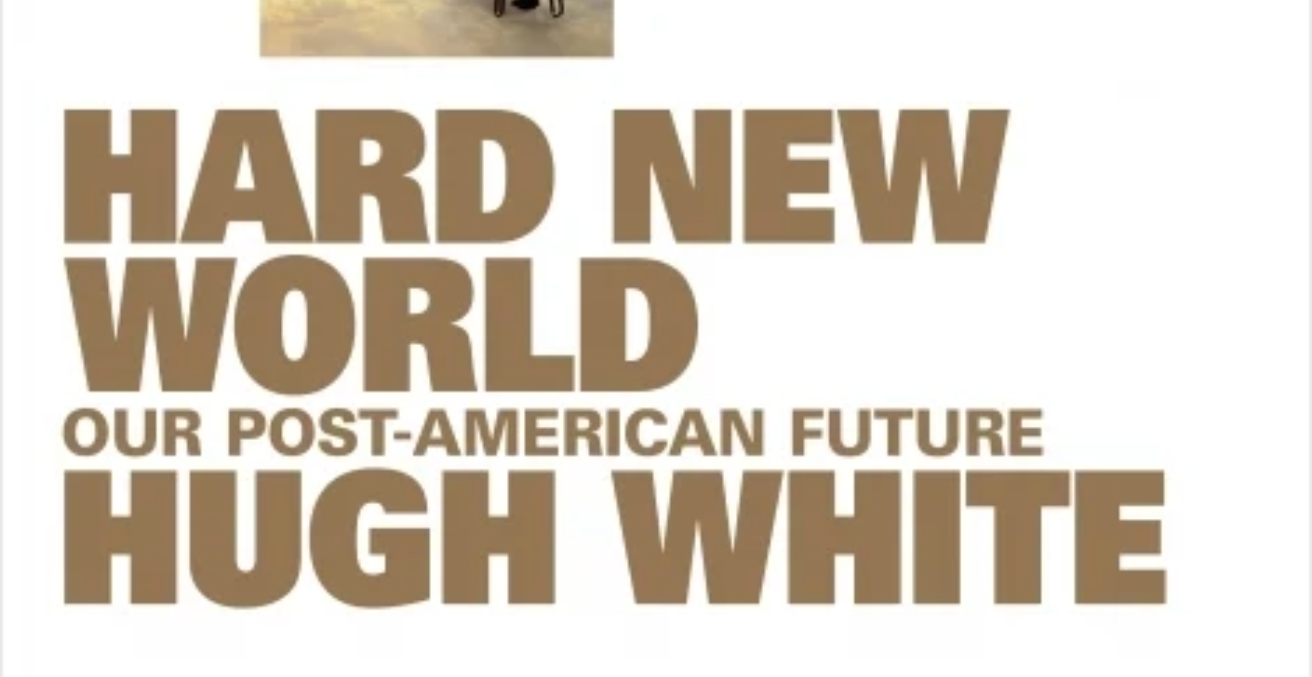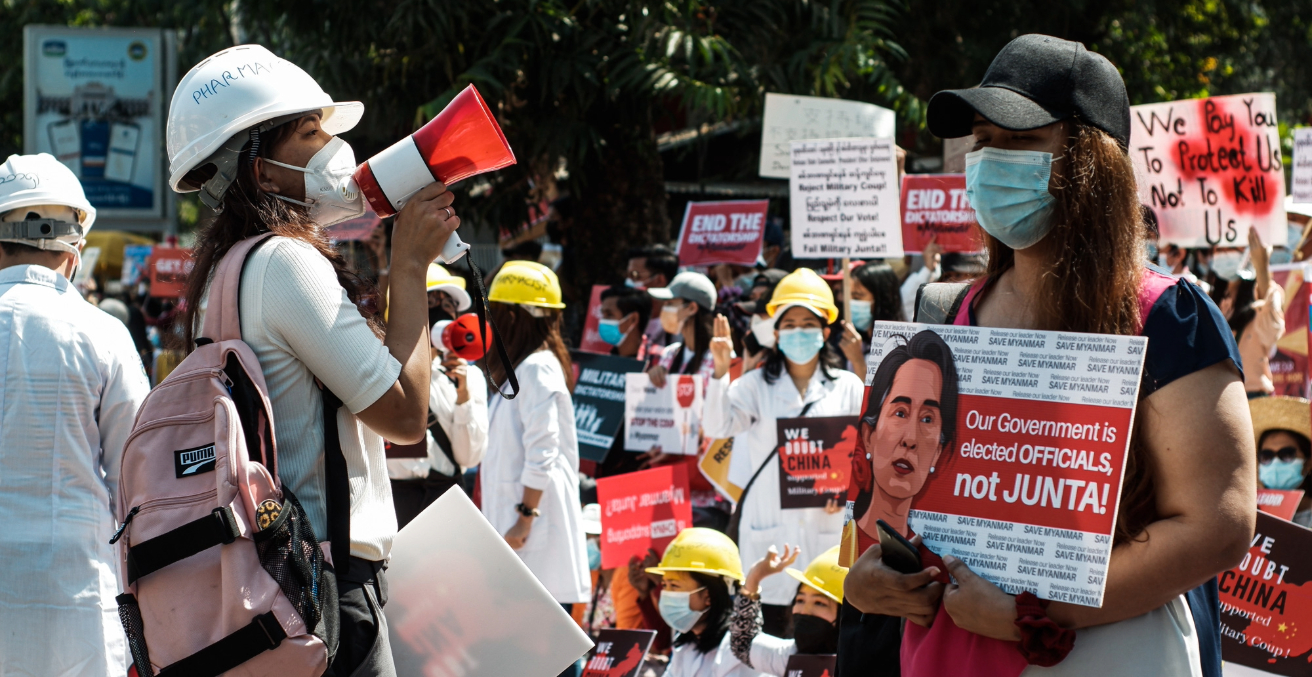Despite its failure to isolate Cuba and overthrow its government, and its near unanimous opposition from the international community, the 62-year old US embargo seems likely to endure into the foreseeable future.
When President John Kennedy issued the first executive order implementing the US embargo against Cuba in 1962, the Cold War was at its most virulent point. Since then, the particular sanctions that constitute the embargo have changed several times, as has the rationale for the embargo. But the embargo’s essence and harshness remains in place almost 62 years later, and given the newly emerging Cold War, it may continue for years to come.
Prior to 1959, nearly 90 percent of Cuba’s trade was with the United States. US companies also controlled the sugar refineries, owned the railroads, most banks, the telephone company and a majority of the productive land, and dominated the tourist industry. As the revolutionary government began to nationalise private properties, the US government responded with an informal embargo, ending the importation of Cuban sugar, and then tried to overthrow Cuba’s government by organising the 1961 Bay of Pigs invasion. That failure spurred the Kennedy administration to launch a multi-faceted plan of subversion (The Cuba Project/Operation Mongoose), which included bombing raids by terrorists who destroyed factories, stores, and sugar fields, political isolation with the suspension of Cuba’s Organization of American States membership, and economic strangulation by instituting the formal embargo. The sanctions imposed a freeze on all transactions, including a ban on the sale of food and medicine to the island. Fidel Castro correctly estimated that Operation Mongoose would involve a military attack, and in turn he requested military assistance from the Soviet Union. The Soviets offered ballistic missiles and the resulting crisis brought the world to the brink of nuclear destruction.
During a brief period of détente between Cuba and the United States in the 1970s, President Gerald Ford modified the embargo to allow subsidiaries of US corporations in third countries to sell products to the island. Food and medicine made up 95 percent of Cuba’s purchases from these companies. This relaxation ended in 1992 with enactment of the Cuban Democracy Act. The embargo was further tightened in 1996 with the Helms-Burton Act, which codified existing executive orders, making it more difficult for presidents to relax sanctions. It also included provisions aimed at curtailing foreign investment. The explicit goal of both laws was regime change at a time that Cuba was reeling from the loss of Soviet assistance – a decade Cubans call the “Special Period.”
By 2012, Cuba had both regained its footing and increased its international stature, in part because of its extensive medical assistance program throughout the world and success as a mediator in negotiations between the Colombian government and the largest group of guerrillas. At a meeting of hemispheric leaders that year in Columbia, host president Juan Manuel Santos asserted there would be no further summits unless Cuba was invited. President Barack Obama got the message, and the next year Cuba and the United States began negotiations that led to the restoration of diplomatic relations in 2014. It seemed as if the US war against Cuba was ending, and that the embargo would soon fall due to its irrelevance, irritation, and embarrassment to the United States. A 2016 White House press briefing asserted, “Decades of U.S. isolation of Cuba have failed to accomplish our objective….At times, longstanding U.S. policy towards Cuba has isolated the United States from regional and international partners…It does not serve America’s interests, or the Cuban people, to try to push Cuba toward collapse.”
From 2015 to 2017, the change in US policy enabled the two countries to sign 22 agreements on a range of issues that served both of their interests, including regular airline flights, joint medical research, environmental protection, and cooperation on the interdiction of illegal drug trafficking. President Obama also relaxed sanctions making it easier for Americans to send remittances to the island and travel there for “educational” purposes. Perhaps most important, the US State Department removed Cuba from its list of state sponsors of terrorism. Cuba’s inclusion on the list had become even more onerous than the embargo, as it had made international banking transactions very costly and discouraged foreign investment.
Still, Obama could not lift the embargo by himself. That required the Congress to pass new laws, which it refused to do. President Donald Trump then restored some of the sanctions his predecessor had modified, and he added new ones that made it impossible for cruise ships to visit the island and Americans to send remittances or travel legally to Cuba. Days before he left office, he returned Cuba to the list of state sponsors of terrorism. During the 2020 presidential election campaign, former Vice President Joe Biden promised to restore the Obama administration’s policy. But as president, he has largely kept the Trump sanctions in place, even when they contributed to what was widely recognised as significant harm to Cubans’ health during the corona virus pandemic.
Explanations for the remarkable durability of the US embargo usually point to the supposed power of the Cuban-American lobby and Florida’s importance in presidential elections. These two factors certainly have played a role. But the lobby was truly effective for only about ten years, in the 1990s, and Obama actually won a majority of Cuban-American votes in Florida in 2012 after he had relaxed some sanctions. Since then, Florida has become predictably Republican, which should have freed Biden from the constraint of trying to win the state’s 2024 electoral votes by pandering to hard-line Cuban-Americans.
To be sure, Biden felt pressure from Senator Robert Menendez (Democrat-New Jersey), whose vote he needed in order to pass legislation for his domestic agenda. Yet an alternate, compelling explanation finds its roots in the hegemonic orientation of US foreign policy officials. While Latin America generally is a back burner concern of theirs, at times they also worry that challenges to US hegemony in their “own backyard” – such as those posed by Cuba and Venezuela – could have ripple effects worldwide. Consider that the Monroe Doctrine, which Latin Americans have long discredited for its racist and interventionist implications, was openly avowed by the Trump administration and has not been disavowed by the Biden administration.
In a similar vein, Biden’s reluctance to relax sanctions against Cuba also is rooted in his Cold War, bipolar worldview, with the United States and its allies on one side and a Chinese-Russian axis on the other. The president’s perspective has reinforced the conventional wisdom in Washington that Russia and China’s engagement with Latin America poses a national security threat. This places Cuba in the “enemy” camp, because it has reached out to Russia and China for increased assistance and trade in order to sustain its failing economy.
Three weeks ago, the UN General Assembly voted for the thirty-second consecutive year to condemn the US embargo against Cuba. The tally this year was 187-2 (Israel and the United States voted no) with one abstention (Ukraine). Evidently, the United States itself is isolated on the question of the US embargo, which has failed in its objective of isolating Cuba and overthrowing its government. But hegemonic hubris and their new Cold War have so blinded US policymakers that a continuation of the embargo against Cuba seems likely for the foreseeable future.
Philip Brenner is emeritus professor of international relations and history at American University, Washington, DC. He received his Ph.D. in political science from Johns Hopkins University and his B.A. in history from Columbia University. His most recent books are Contemporary Cuba: The Post-Castro Era (Rowman and Littlefield, 2023) and Cuba Libre: A 500-Year Quest for Independence (Rowman and Littlefield, 2018).
This article is published under a Creative Commons License and may be republished with attribution.




